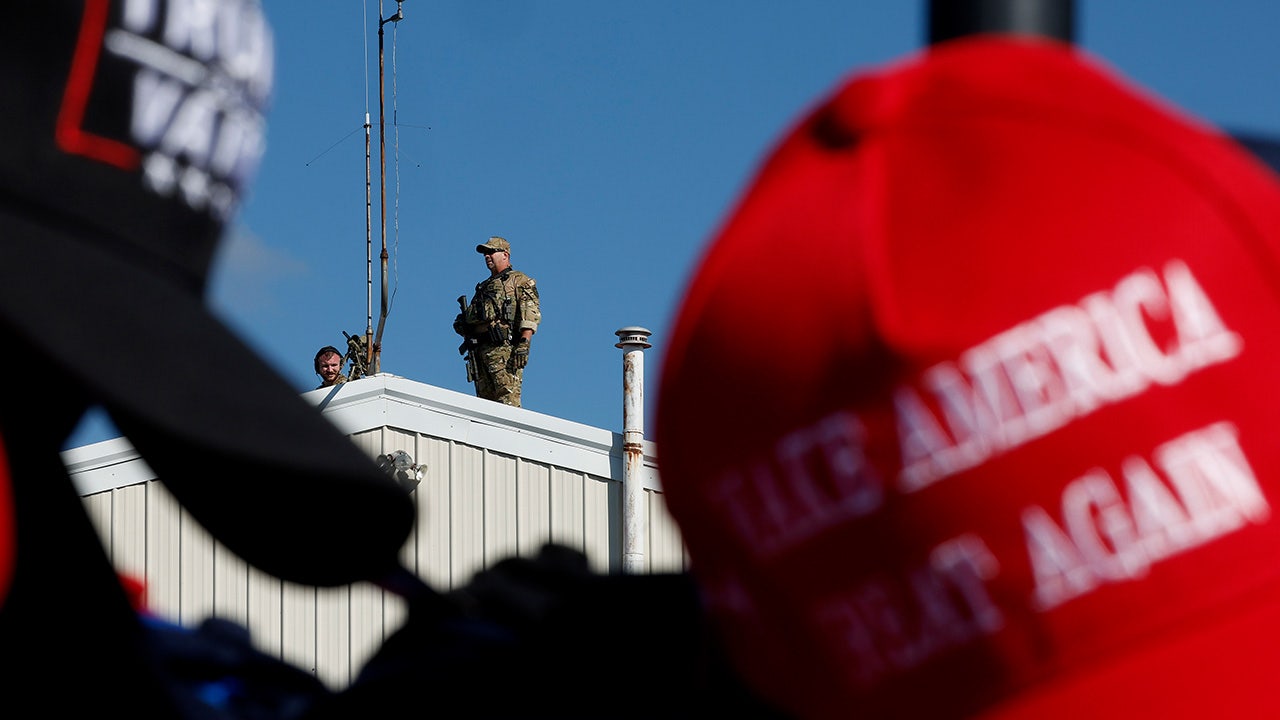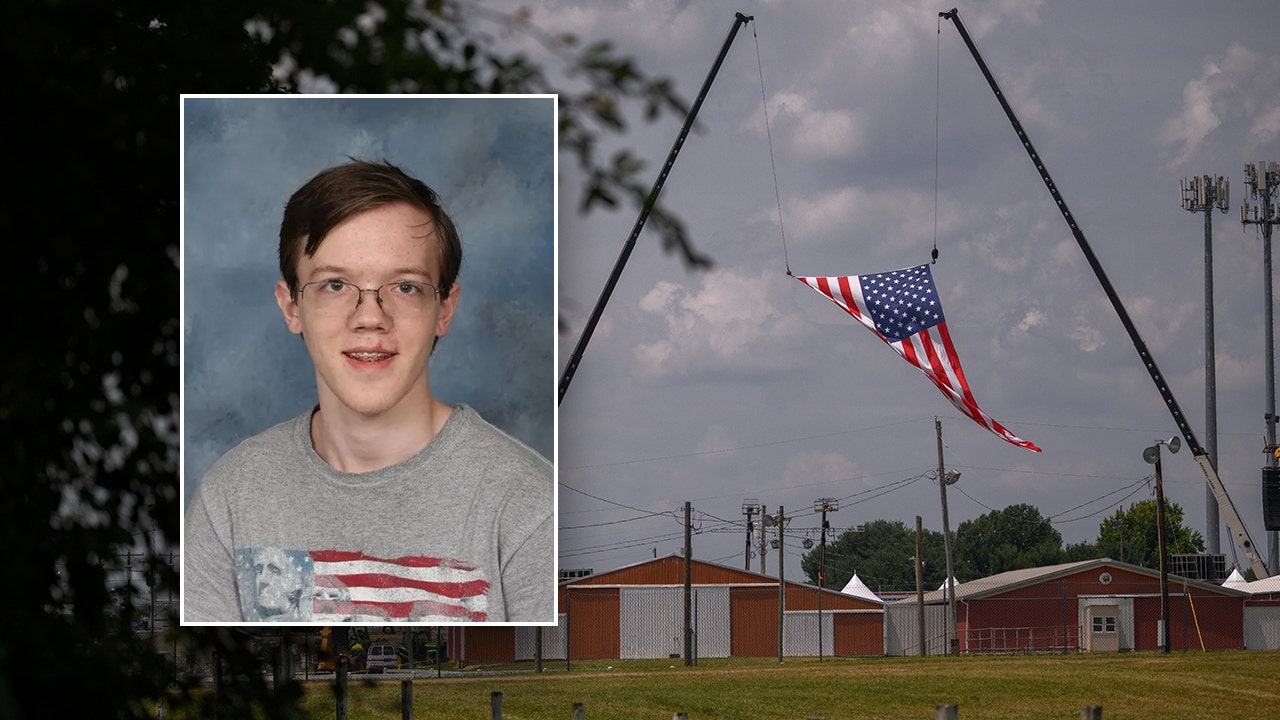Lawyers for New York State concluded their case against the National Rifle Association on Thursday, bringing an end to a closely watched civil showdown that accused leaders of the nation’s most prominent gun rights group of financial misconduct and corruption.
Over the last six weeks, lawyers for New York’s attorney general, Letitia James, have outlined a case that paints the N.R.A. as a mismanaged organization with little fealty to its mission of defending the Second Amendment or to the gun owners who prize that right. Monica Connell, representing the attorney general’s office, began her closing arguments on Thursday by comparing the defendants to children who grabbed cookies from a jar and were “caught with crumbs on their face and on their shirt.”
Central to the case has been the state’s depiction of the group’s former longtime leader, Wayne LaPierre, as a lavish spender who used N.R.A. funds to pay for private jets, luxury vacations, and the occasional spin on a superyacht.
“This case is about corruption: Misuse of funds spent on jets, black cars, five-star hotels, hundreds of thousands of dollars of suits, million-dollar deals to insiders, payments to loyal board members and pervasive violations of internal controls,” Ms. Connell said to the nearly full courtroom in Manhattan.
The jury is expected to begin deliberations on Friday.
Mr. LaPierre, 74, stepped down just before the New York trial commenced, ending more than three decades as the head of the organization. He had nonetheless testified in the case, conceding to pricey trips and other perks. He also spent many days in the front row the courtroom, as government lawyers — and even his own — described his sometimes troubled leadership of the group.
Along with Mr. LaPierre, the defendants included John Frazer, the N.R.A.’s general counsel; Woody Phillips, a former finance chief; and the N.R.A. itself.
Ms. James is seeking tens of millions of dollars in damages and to bar the individual defendants from working in nonprofit organizations in New York. Ms. James has special jurisdiction over the N.R.A. because it was chartered as a nonprofit in New York 148 years ago.
In closing arguments on Thursday, Mr. LaPierre’s lawyer, Kent Correll, focused on his client’s successes within the organization. Mr. LaPierre had been working to broaden the group’s appeal amid challenges from states that wanted to implement gun control measures, Mr. Correll said, and had not known what was going on within the nonprofit.
“He was on the road, building relationships, because he knows that’s what he’s good at,” Mr. Correll said. He also attacked Ms. James, saying that she had created “a hostile environment for organizations she doesn’t like.”
Mr. Correll defended Mr. LaPierre’s stature within the N.R.A., noting his outsize role recruiting celebrities to bring in donations, in an effort to convince jurors that the private flights had been necessary for Mr. LaPierre to make such connections.
”He understood influencers before ‘influencers’ became a word,” he said.
The trial, in the courtroom of Justice Joel M. Cohen of State Supreme Court, featured well-known characters from the last three decades of American politics, including Oliver North, a former N.R.A. president who once rose to fame as an architect of the Iran-contra affair, and Mr. LaPierre himself, one of the most outspoken defenders of the Second Amendment.
The other defendants sought to distance themselves from Mr. LaPierre, including Mr. Frazer, whose lawyer, William Fleming, highlighted his client’s course correction from Mr. LaPierre’s leadership.
”John Frazer is the embodiment of good faith,” Mr. Fleming said.
Ms. James, a Democrat, filed the case in 2020, alleging a range of fraudulent activities by Mr. LaPierre and other N.R.A. officials, including diverting millions of dollars in N.R.A. funding toward personal use, awarding contracts to close associates and family members, and “appearing to dole out lucrative no-show contracts to former employees in order to buy their silence and continued loyalty.”
The state’s lawyers seemed skeptical that N.R.A. officials had seen the error of their ways, with Ms. Connell saying the group only started making course corrections after they knew they were being investigated. She compared their actions to burglary, saying that even burglars who return stolen items should be held accountable.
“That’s the conduct they chose,” she said, noting that when Mr. LaPierre stepped down from the organization, he had walked away with “no discipline, no suspension.”
Mr. LaPierre said earlier in the trial that he had made governance changes while still head of the N.R.A. and that by April 2021 he had paid about $300,000 back to the group.
Much has changed since Ms. James began investigating the N.R.A. four years ago. The organization, once a lobbying juggernaut courted by presidential candidates, has seen its influence wane.
Membership has plummeted to 4.2 million from nearly six million five years ago. The organization’s revenue is down 44 percent since 2016, according to its internal audits, and its legal costs have soared to tens of millions of dollars a year.






